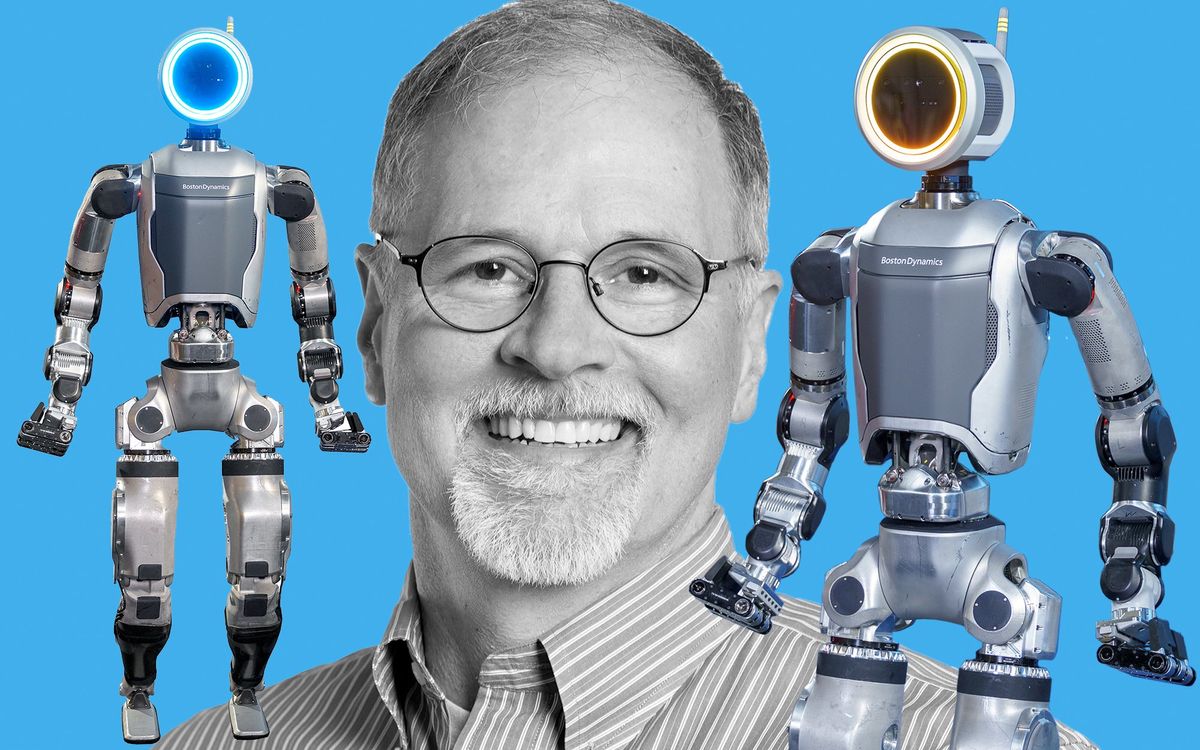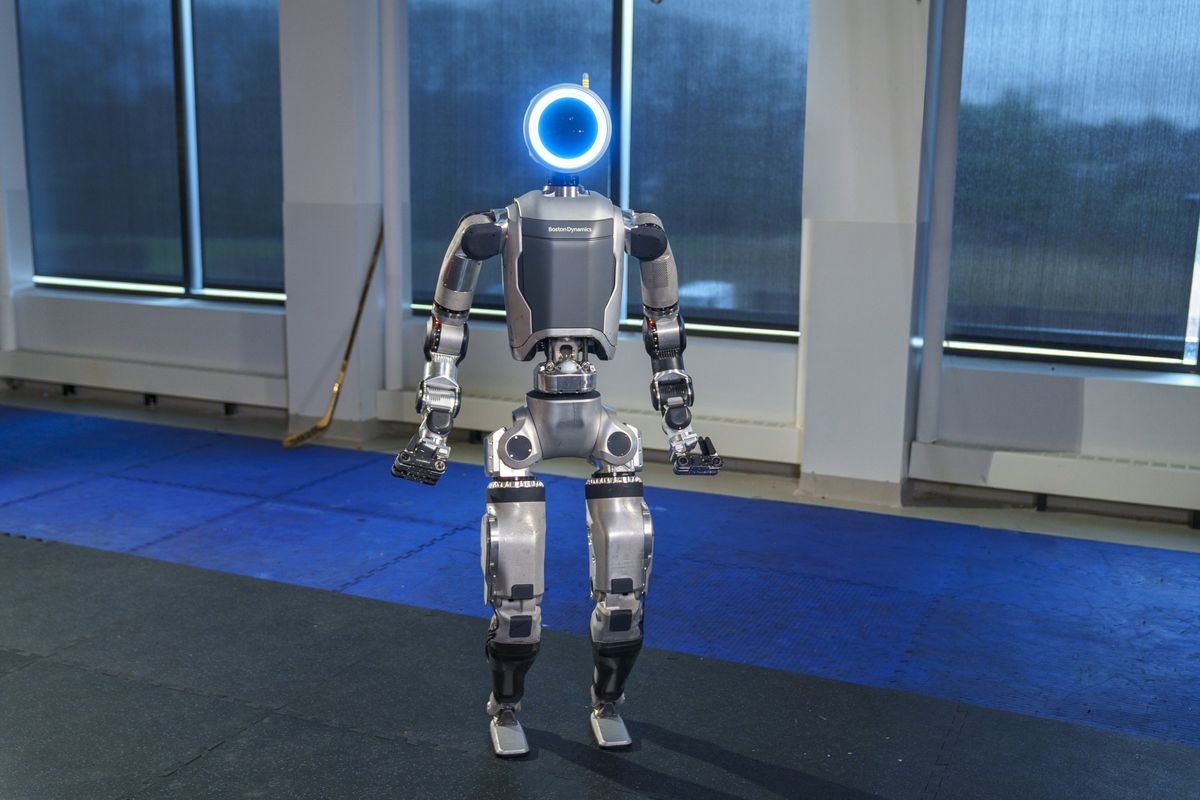Last month, I received an email from my IEEE Region 3 Director Jill Gostin announcing an upcoming WebEx discussing IEEE's honor society, Eta Kappa Nu (HKN). I was a bit intrigued in that it was going to discuss how HKN was not just for students, but for all qualified IEEE professional members.
To be honest, I haven’t given much thought to HKN since I graduated because I believed (incorrectly) that it was indeed just for students. I had been inducted into the Delta Eta Chapter of HKN in 1976 as an undergraduate in the Electrical and Computer Engineering Department at the University of Massachusetts, Amherst. I contacted Jill Gostin about how to rejoin HKN, and she told me that I was still a member. Jill then put me in touch with Nancy Ostin, the director of IEEE-HKN, who could help me update my IEEE records to reflect my alumni IEEE-HKN membership. Nancy told me that I was among the likely thousands of other IEEE professional members who were inducted as students but didn’t realize that they were still HKN alumni members.
HKN has been in existence since 1904, when it started out as an electrical engineering honor society at the University of Illinois at Urbana-Champaign. Since then, it has grown to 265 chapters and has inducted over 200,000 members. This month celebrates the 10th anniversary of the society’s merger with IEEE, something that I was also sheepishly unaware of. The merger also meant that membership eligibility was expanded to include all fields of interest of IEEE members, namely;
· Engineering
· Computer Sciences and Information Technology
· Physical Sciences, Biological and Medical Sciences
· Mathematics
· Technical Communications
· Education
· Management, and Law and Policy.
The core principles of IEEE-HKN didn’t change with the merger, Ostin informed me. “There are still three tenets that lie at the heart of what HKN does: Scholarship, Character, and Attitude.”
HKN’s membership includes some of the best and brightest engineering students and professionals throughout the world. Over 40 former IEEE Presidents have been members of HKN, says Ostin. Other HKN members include Gordon Bell, Vincent Cerf, Thelma Estrin, David Filo, Susan L. Graham, Gordon Moore, Irwin Jacobs, Leah Jamieson, Robert Metcalfe, Larry Page, Eric Schmidt, and Steve Wozniak, among many, many others.
However, great scholarship is not enough, she points out. Members also need to have a strong commitment to go above and beyond in service to their communities, sharing their time and their talents to make the world a better place through volunteerism. This past year, “IEEE-HKN Chapters completed over 85,000 hours of service for others, including tutoring, exam prep, mentoring, and community outreach,” Ostin stated.
According to Ostin, there’s a strong emphasis on the third tenet: attitude. “HKN members are doers and leaders that believe in the power of engineering and want to move the field forward.” In other words, the IEEE’s motto, advancing technology for humanity.
Obviously, Ostin says, “HKN is a natural leadership funnel for IEEE.” Students are invited to join based on their scholastic aptitude, commitment to service, as well as “good common sense” and “hard work.” She emphasized that, “HKN is earned. Each member must demonstrate and adhere to the tenets of our honor society, meaning pledging to meet the needs and challenges of our time, and to push the envelope for what is possible” every day.
New HKN chapters are being added all the time. Early in September, a new IEEE-HNK chapter, Mu Omega, was installed at Florida Polytechnic University. Many other chapters, like mine at UMass Amherst, are still going strong after 60 years. Some, like the Theta Chapter at the University of Wisconsin and the Zeta Chapter at Case Western University, celebrated their 110th anniversaries this year, while the Omicron Chapter at the University of Minnesota celebrated its 100th anniversary.
IEEE-HKN students take responsibility for running their chapters, leading volunteers, and communicating with their respective departments. They also cooperate with community organizations and other student programs. In addition, IEEE-HKN provides training, professional development, career planning and other services to both enable the chapter to deliver an excellent on-campus experience, as well as to prepare HKN students for the challenges beyond the university setting.
HKN is open to all qualified IEEE professional members. The pathway to Professional Induction into IEEE-HKN is like the IEEE Senior Member process: One needs to have been a practicing engineer for 10 years in the aforementioned technical fields of interest, or be a member of the faculty at a school where there is an active IEEE-HKN Chapter. Detailed information can be found at the IEEE-HKN website.
If, like me, you were inducted into HKN as student, are a current IEEE member, and would like to show your HKN affiliation in your IEEE profile, Ostin would love to hear from you. Contact HKN for more information at info@hkn.org; contact Nancy Ostin directly at n.ostin@ieee.org.
There is also information for alumni (to reconnect, get a duplicate certificate, or read the alumni newsletter) on the IEEE-HKN website here. The Society’s official magazine, The Bridge, is still being published online three times a year, and has articles of interest for students and professionals alike. Because we’re fast approaching IEEE-HKN Founder’s Day (28 October), now would be a good time to reconnect with Eta Kappa Nu, and rededicate yourself to fulfilling the HKN pledge you made many years ago.
Robert N. Charette is a Contributing Editor to IEEE Spectrum and an acknowledged international authority on information technology and systems risk management. A self-described “risk ecologist,” he is interested in the intersections of business, political, technological, and societal risks. Charette is an award-winning author of multiple books and numerous articles on the subjects of risk management, project and program management, innovation, and entrepreneurship. A Life Senior Member of the IEEE, Charette was a recipient of the IEEE Computer Society’s Golden Core Award in 2008.



